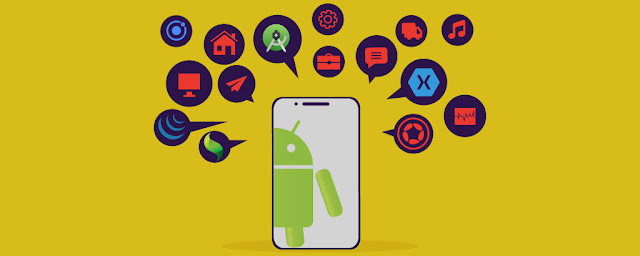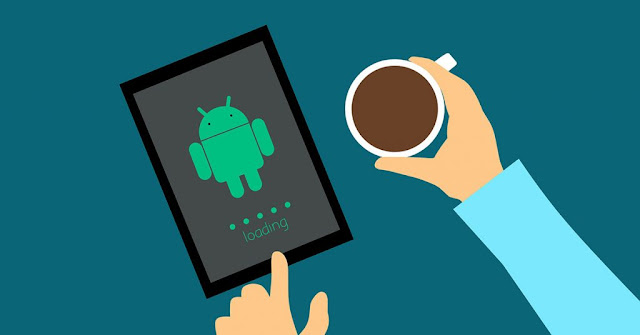How Internet of Medical Things Impact the Healthcare Industry?
The healthcare industry is constantly under pressure to provide better and more affordable care for its patients. In order to keep up with the competition, healthcare providers are constantly looking for ways to improve the efficiency of their operations. One way they've done this is by embracing the Internet of Medical Things (IoMT). IoT app development company can provide you the best healthcare app.
Healthcare Implications of the Internet of Medical Things
The healthcare industry is constantly evolving as new technologies emerge. One such technology is the Internet of Medical Things or IoT for short. The IoT is a network of devices that can communicate with each other to share data. This data can be used to improve the quality of healthcare.
One potential application of the IoT is in disease diagnosis. Doctors can use the data collected by IoT devices to diagnose patients more accurately. This will not only improve patient care, but it will also reduce the cost of health care.
Another application of the IoT is inpatient tracking. Patients can use IoT devices to track their health and exercise habits. This information can help doctors diagnose and treat diseases more effectively.
The IoT has many potential applications in healthcare. By using the data collected by IoT devices, doctors can improve patient care and reduce costs. Patients can use IoT devices to track their health and exercise habits, which can help them maintain good health.
What are the Healthcare Implications of the Internet of Medical Things?
The Internet of Medical Things (IoMT) is a new technology that enables devices to “talk” to each other. This interconnectedness allows for the sharing of data and insights between machines and patients, which can improve patient care and save lives. There are many potential Healthcare Implications of the IoMT, including the following:
1. Increased Accuracy and Efficiency: The IoMT can improve the accuracy and efficiency of healthcare by allowing for the sharing of data and insights between machines and patients. For example, a hospital could use sensors to track a patient’s vital signs and send that information directly to their monitoring device. This would allow the device to provide more accurate information about a patient’s health status, which could reduce the amount of time that it takes for doctors to diagnose problems.
2. Reduced Costs: The IoMT can also reduce costs by allowing hospitals to use fewer medical equipment and supplies. For example, hospitals could replace expensive MRIs with low-cost sensors that monitor a patient’s vital signs. In addition, hospitals could use IoMT devices to remotely view X-rays or scans so that they can be stored more efficiently.
Conclusion
The rise of the Internet of Medical Things (IoMT) has had a profound impact on the healthcare industry, and there are many reasons why. For one, IoMT is enabling patients to access their health data in a more sophisticated way, which is helping them better monitor their own health and make informed decisions about their treatment. If you are looking to develop an IoT app then you must contact the best app development company in UAE.
In addition, IoMT is helping hospitals and other healthcare providers reduce costs by automating processes such as patient tracking and discharge planning. And last but not least, IoMT is opening up new opportunities for innovative collaboration between different parts of the healthcare system.

.png)


Comments
Post a Comment